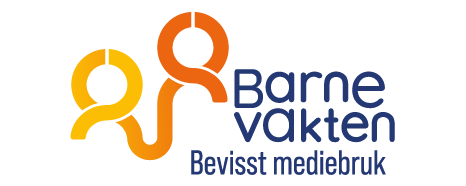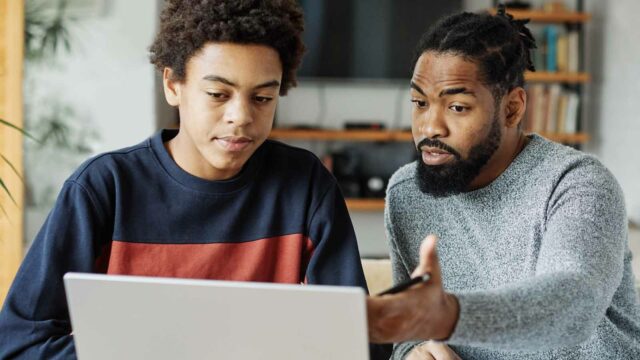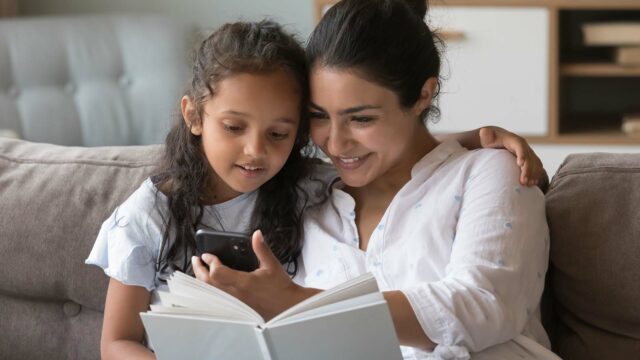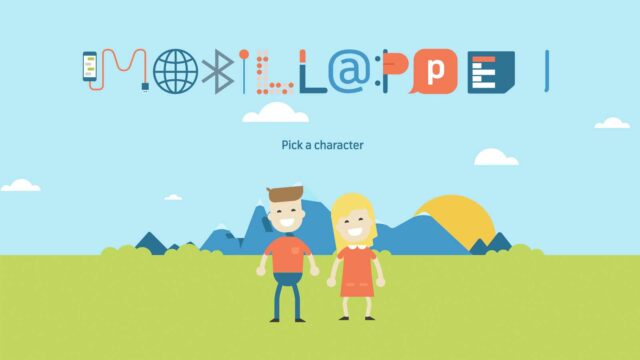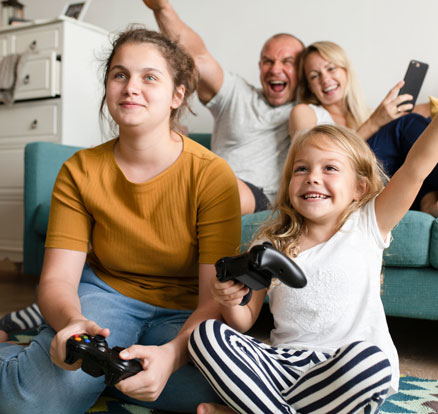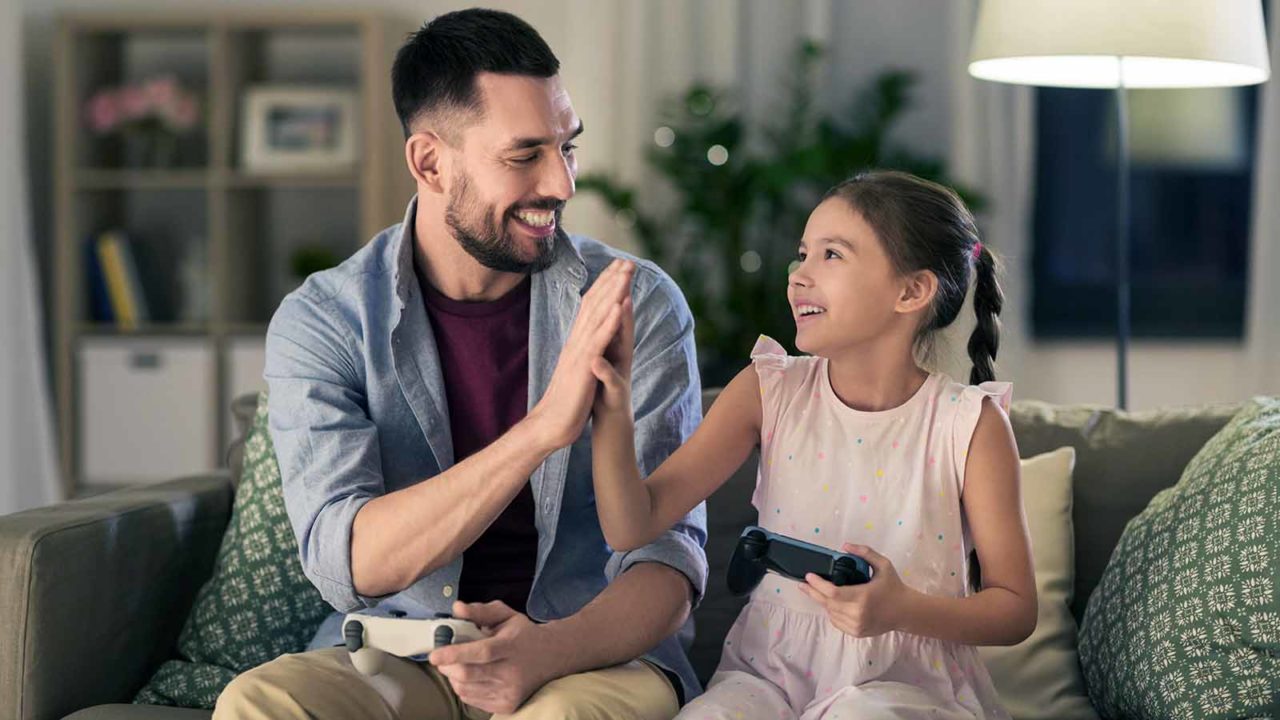
Are you new in Norway? Tips on children’s media use.
FOR PARENTS: Barnevakten is a Norwegian organization that provides tips and advice to children, parents, and teachers on the safe and conscious use of digital media. Are you new in Norway? This article may give you some introductory tips on children’s media use.
Choose language in the Google-box below. Some translations may be flawed or inaccurate.
Norwegian law is based on the UN Convention on the Rights of the Child. It states that children have the right to use digital media and that adults are obliged to protect children from harmful content.
In short:
- Children and young people have the right to find knowledge about the world for themselves.
- Children and young people also have the right to privacy.
- At the same time, parents have a responsibility to protect their children.
In practice, this may mean that the parents will keep the very youngest children away from the internet. As children get older, parents will gradually allow them to approach the internet and social media, but with guidance and a good framework.
The right to privacy means that the parents should not read all the messages to the children, unless they think the children might be exposed to something dangerous, or that the children themselves expose others to abuse or something illegal.
In Norway, the school is concerned that the children should learn to use digital media from an early age, the children should also be taught not to bully or offend others online. This is called digital judgment.
If you are unsure about your child’s use of the internet, we recommend that you have a conversation with the school or Barnevakten to get a better understanding of what is going on in Norway.
FOUR THINGS TO CONSIDER
- Attitudes of the parents
- Knowledge
- House rules
- Security settings
ATTITUDES: By attitudes, we mean that you should show a positive interest in children’s digital lives and not just be concerned about what might be dangerous. Feel free to play with the children and ask them every day about what they have experienced in social media and in games or what they like to watch on Youtube.
KNOWLEDGE: The more you know about games, apps, movies, and online knowledge, the easier you can take an active part in children’s media use. Barnevakten has many articles with tips and advice in Norwegian, but also articles in English with an opportunity to Google-translate to other languages on the page Kids and Media.
HOUSE RULES: By house rules, we mean the provisions that you as a parent set for the children. In Norway, it is common for children to have the opportunity to express their opinion on the rules before they are introduced. As children get older, their opinions become more and more important to consider.
Try to agree on what kind of apps are okay to download and what photos and other information are okay to share online. For example, it is not a good idea to share a home address, bank card, and the like.
In Norway, you must get consent before sharing or forwarding photos and films of others on social media.
SETTINGS: All the digital devices your child uses have settings that can be applied to make the devices more secure. It is a good idea to check all apps, machines, and games, and what settings parents can set there. This is a huge job, but it is easier when you have done it a few times. In some of the settings you can, for example, decide how long the child can use the screen every day and whether the child can chat in the app or not.
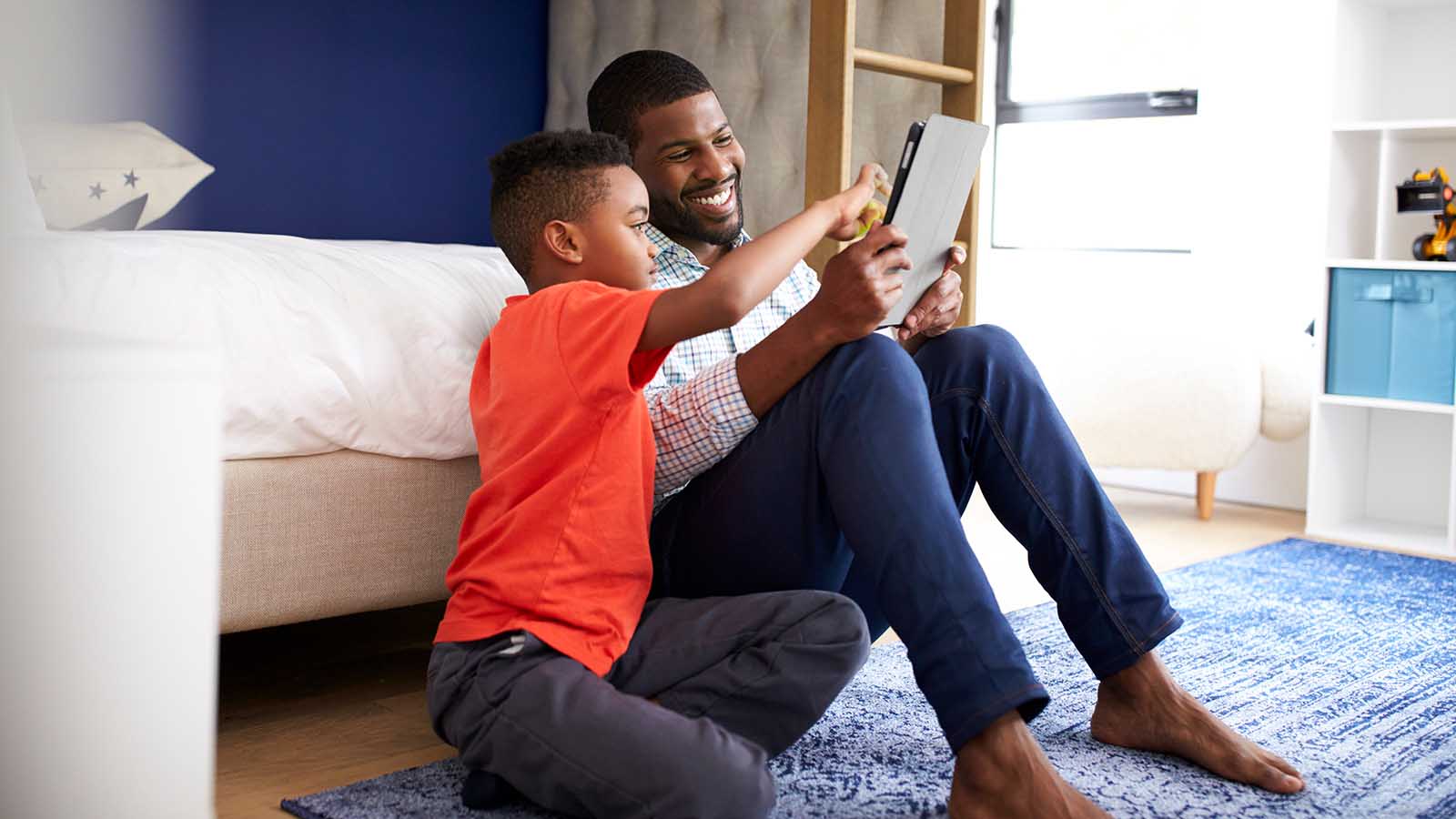
HAVE THE PLAN READY
It is important that the child comes to you if he or she experiences something negative online. There are some children and young people who do not dare to talk to their parents in such situations. Therefore, it is important to show positive interest in the child’s digital life every day so that it becomes natural for the child to contact you if something terrible should happen.
In addition to the positive daily contact, you can put together a plan for what the child should do if something negative happens such as bullying, threats, or unfortunate mistakes.
Many children are afraid that if they tell a negative happening to their parents, the parents may take away their computers or phones. Tell them that you will not take the devices away and that they can safely tell you also about what can be uncomfortable or difficult to deal with.
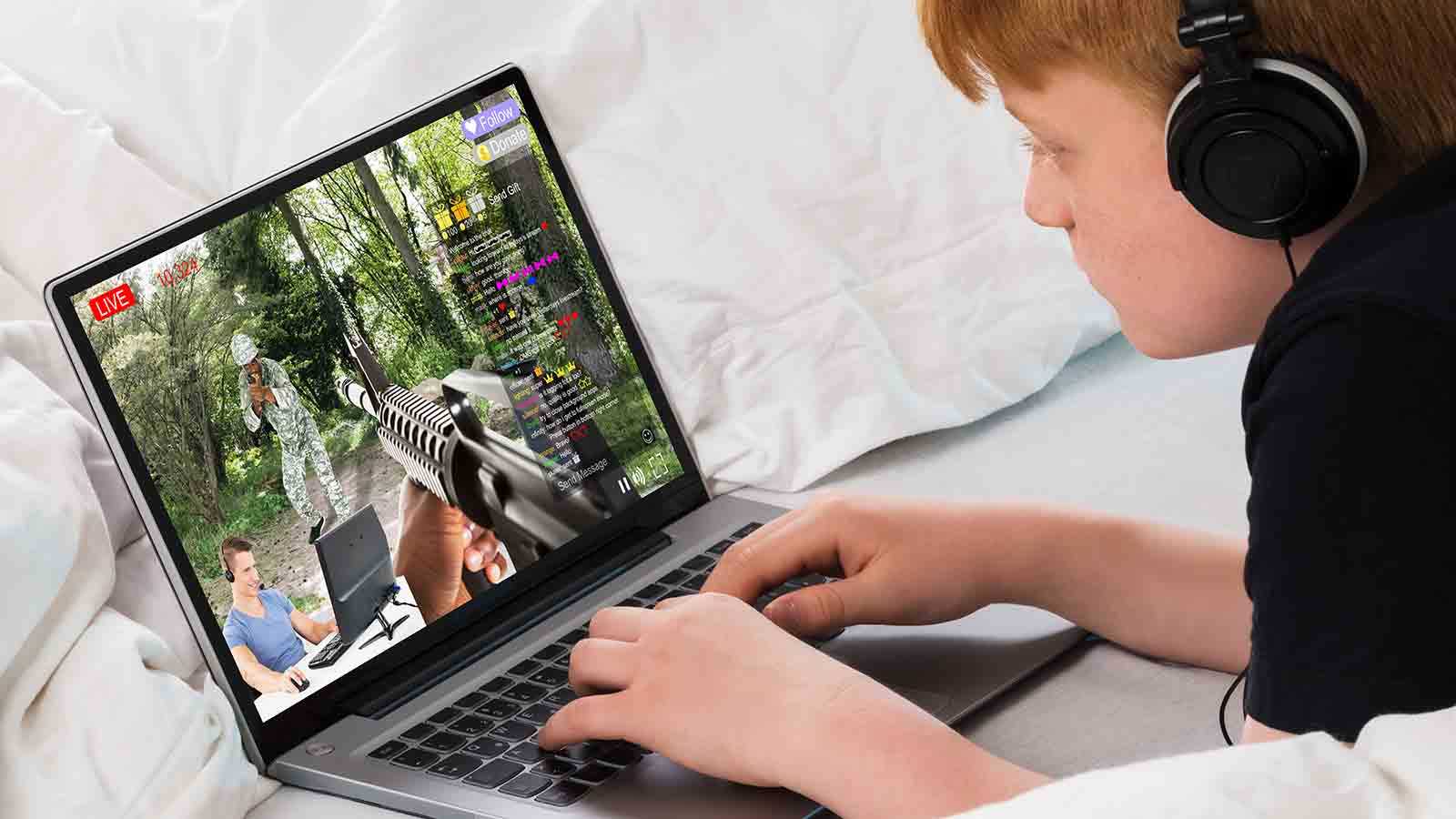
THERE ARE SEVERAL POSSIBILITIES WHEN SOMETHING NEGATIVE HAPPENS
- The child can walk away from the machine and contact you
- You can take on-screen evidence (take a screenshot)
- The child can stop the chat
- You can block the user
- You can notify the channel that the user is breaking the channel’s rules
IT USUALLY GOES WELL
Remember that it usually goes well when children and young people use apps and play games. On Barnevakten’s website, you will find many tips for apps and games that are entertaining.
Learn more
(Translated by Ratan. Norwegian text here.)
Tips and advice every week, plus access to webinars: Do you want tips and news about media use for children on email every week – in Norwegian? Become a member of Barnevakten.
Here are the teaching resources on online knowledge for teachers.
